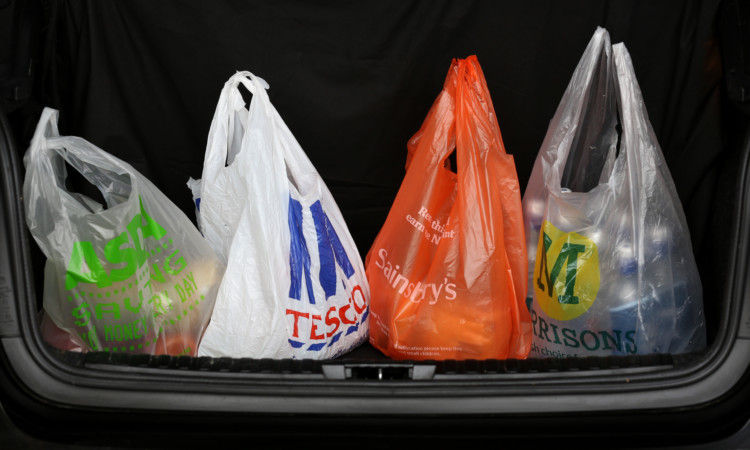First Minister Alex Salmond has been urged to make public any research the Scottish Government has carried out on the impact independence would have on the cost of people’s weekly shopping bills.
Shadow Scottish secretary Margaret Curran challenged the SNP leader on the issue as supermarket chiefs were said to have suggested that if Scotland left the UK following next year’s referendum, this could impact on costs.
The Scottish Government has insisted there is “no reason” why retail prices would be higher under independence.
But Asda chief executive Andy Clarke told the Financial Times: “At Asda, we believe in fairness so the price customers pay for a pint of milk or loaf of bread is the same regardless of where they live in the UK. However, the cost of doing business in different parts of the country does vary.
“A Yes vote in 2014 could result in Scotland being a less attractive investment proposition for business, and put further pressure on our costs.”
Dalton Philips, chief executive of Morrisons, is reported to have raised concerns about changes to the regulatory regime if Scotland left the UK.
He told the Financial Times: “If the regulatory environment was to increase the burden of the cost structure on business, that would potentially have to be passed through to consumer pricing, because why should the English and Welsh consumer subsidise this increased cost of doing business in Scotland?”
Ms Curran said: “These important comments from top supermarkets as people go about their Christmas shopping show the benefits to Scottish families of being part of the UK. The message from supermarket bosses is clear the cost of doing the weekly shop in Scotland is cheaper as part of the UK and would be more expensive with independence.”
The Labour MP added: “Today the cost of doing business is shared by shoppers across the whole of the UK, keeping down costs here in Scotland. This is a strong positive example of the benefits we get as part of the UK. Why would we want to give this up?”
However a Scottish Government spokeswoman said: “There is no reason why retail prices in an independent Scotland would be any higher than at the moment.
“The Scottish Government is already delivering the most competitive business rates regime in the UK, and our plans for an independent Scotland include proposals for lower corporation tax and for a fuel duty regulator to cut transport costs, meaning Scotland would be more competitive and less costly than at present.”
